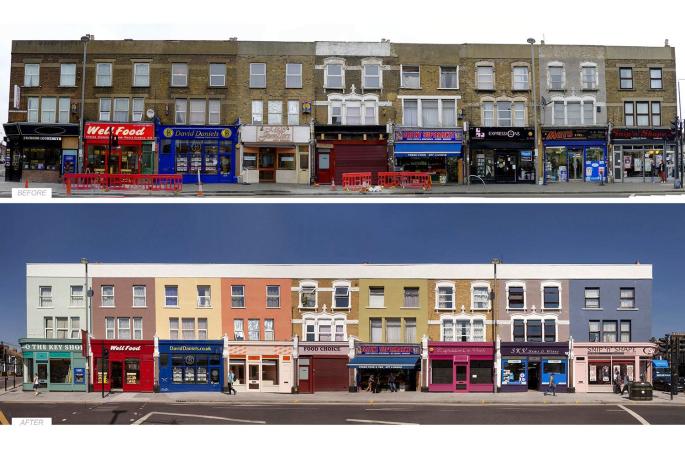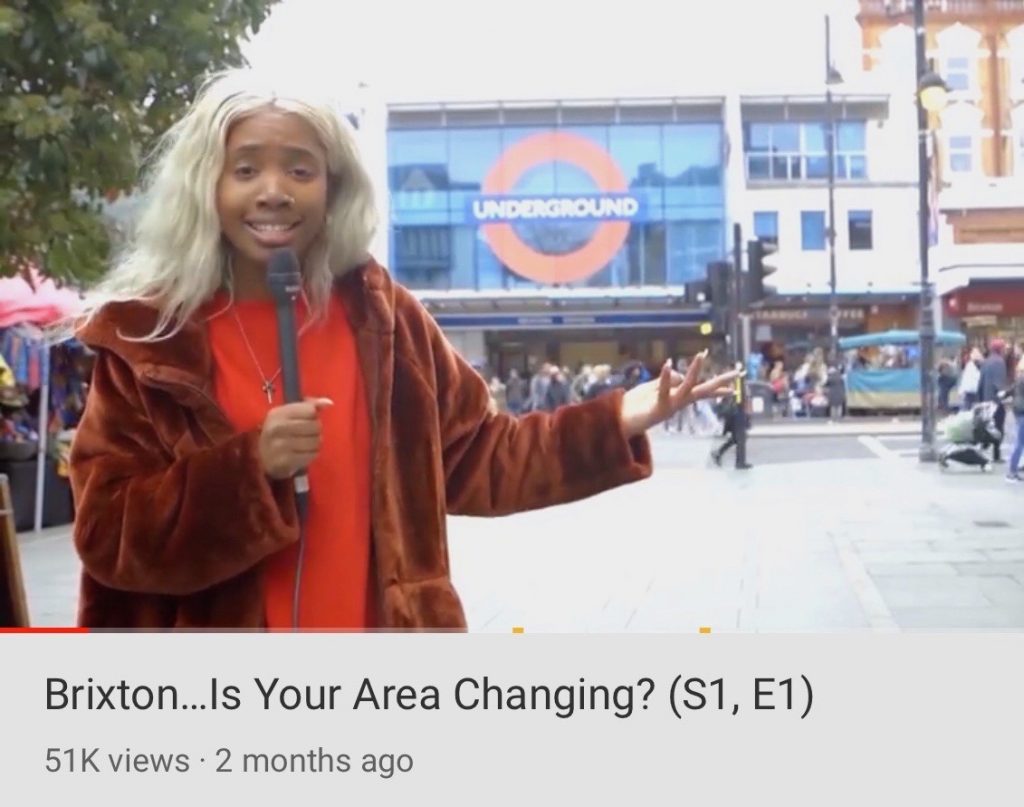The term ‘gentrification’ was first used by sociologist Ruth Glass back in 1964. Glass was studying the movements of people in urban areas of London such as Islington and how the character of those areas were changing over time. She noticed that terraced houses and houses previously occupied by the working class were slowly but surely transforming into houses exclusively for the middle class. Once this process – gentrification – began, it continued until those original working-class residents were displaced – essentially ‘priced out’ of their own communities.
The process of gentrification has disproportionately affected BAME (Black, Asian and minority ethnic) and migrant communities, since they are more likely to live in poor, deprived areas. In her book London: Aspects of Change, Ruth Glass wrote:
“Here are immigrants from other parts of Britain or overseas who nowadays can find hardly any open doors […] and who have to take the left-overs of accommodation, however dingy, however expensive.”
Often this pattern has been born out of either necessity – due to financial or geographical need – or governmental decisions – for example, council housing being put aside for refugees.

Often when these communities grow, families, friends and those from similar cultural backgrounds choose to live in the same neighbourhood. Again, this can be due to a multitude of reasons – some positive, such as a desire to be near to loved ones or to enjoy familiar culture. However, it can also be an indictment of a hostile society. For example, we see a growing hostile environment for immigrants, asylum seekers and refugees, which can lead to feelings of fear, mistrust and an environment in which cultural groups may decide it’s safer to ‘stick together’.
Whatever the reason a community has come together and however that may be defined, the outcome of gentrification remains the same: it is those with the least financial and societal freedom that fall victim to it.
If we look at the ‘Windrush Generation’ and how their communities and patterns of residency have evolved from the 50’s and 60’s until now, we can clearly see how gentrification can devastate whole communities. After the Second World War, around half a million people from the Caribbean took up crucial roles in the UK, helping to rebuild the nation. Despite this, they arrived in an environment of hostility and outright racism; this they have continued to struggle with, having to fight for their rights as British citizens. As a result of being alienated, people formed their own distinct tight-knit communities – such as within Brixton – as they lived, worked and socialised together. Vibrant neighbourhoods filled with Caribbean culture thrived for decades, until slowly but surely, gentrification began to erode these community bonds. Houses and shops were bought by the rich, prices shot up and whole communities were displaced and destroyed.

In some places, communities have been able to come together and successfully fight back against the process of gentrification, ensuring their homes remain theirs. In Camley Street, Camden, residents banded together and created a Community Land Trust, or CLT. CLTs essentially allow a community to acquire a piece of land – in this case, homes on their street – and take control of prices so that they are guaranteed to remain affordable for residents. CLTs are about protecting the community from the negative impact of gentrification and putting a stop to the price of profit.
Although some people may feel that those against gentrification are preventing progress and the development of neglected neighbourhoods, this is not the case. In fact, most communities actively push for their homes and communities to be improved – issues only arise when those changes come at the expense of their own homes and relationships. In one community report on gentrification, an affected resident expressed this sentiment: “We’re not against urbanizing, we’re against gentrification. Don’t drive us out to put new housing and new people in. Drive things alongside with us.”
A report by the Institute of Race Relations, The London Clearances: Race, Housing and Policing, discusses the links between urban policy, housing and policing. The report notes that, since 1979, social housing in London has significantly reduced thanks to privatisation and financialisation. It explores how neoliberal policies have deeply hurt the most marginalised, as housing is now treated as a commodity: ‘Longstanding social networks in BAME and multicultural working-class areas of London have been slowly eroded, dispossessing entire neighbourhoods of community and culture.’
Gentrification holds up a mirror to an array of societal problems which preserve damaging inequalities; racism, xenophobia and poverty, in the pursuit of profit. Only when a community is able to take rightful control of its improvement, and is allowed to do so freely, can regeneration projects truly help existing residents.
Lynsey Burrows is a content writer for the Immigration Advice Service, an organisation of immigration lawyers based in the UK & Ireland


